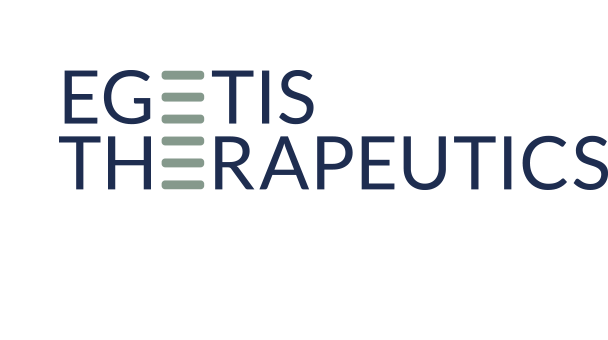Emcitate®- treatment of MCT8 deficiency (Allan-Herndon-Dudley Syndrome)
Emcitate is under development for the treatment of patients with MCT8 deficiency, a highly debilitating rare disease with no available treatment. In previous studies (Triac Trial I and a long-term real-life study) Emcitate has shown highly significant and clinically relevant results on serum thyroid hormone T3 levels and secondary clinical endpoints. As a result of fruitful regulatory interaction Egetis submitted a marketing authorisation application (MAA) for Emcitate to the European Medicines Agency (EMA) in October 2023. On December 12, 2024, the Committee for Medicinal Products for Human Use (CHMP) of EMA adopted a positive opinion for Emcitate for the treatment of MCT8 deficiency.
In the US, after discussions with the FDA, Egetis is conducting a small randomized, placebo-controlled study (ReTRIACt) in at least 16 evaluable patients to verify the results on T3 levels seen in previous clinical trials and publications. The first patient was included in July 2023. Egetis will update the market as soon as recruitment has been completed and at that point inform about the timing of availability of top-line results, and the expected timing of the subsequent NDA filing.
Emcitate is currently also being investigated in Triac Trial II, a Phase II study in very young MCT8 deficiency patients (<30 months of age) exploring potential disease modifying effects of early intervention from a neurocognitive and neurodevelopmental perspective. The recruitment target was achieved in the second quarter 2022 and 22 patients have been included in the study. The study did not show a statistically significant improvement compared to historical controls.
Emcitate holds Orphan Drug Designation (ODD) for MCT8 deficiency and resistance to thyroid hormone type beta (RTH- β) in the US and the EU. Emcitate has been granted Rare Pediatric Disease Designation (RPD) which gives Egetis the opportunity to receive a Priority Review Voucher (PRV) in the US, after approval.

